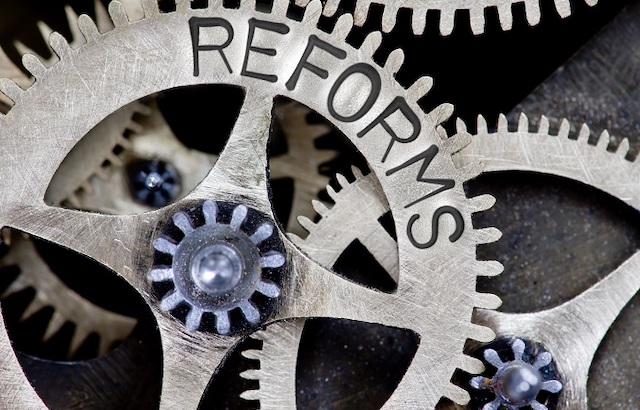A mere business day after the ‘mini-budget-that-wasn’t-so-mini’, UK chancellor Kwasi Kwarteng is now reportedly looking at simplifying the pension system.
Speculation has started going around that Kwarteng is reviewing pension tax allowances, a move swiftly welcomed by the sector which has long lamented the ever-complicated system and called for reform for years.
But it’s also important to take into consideration the current economic landscape, said Steven Cameron, pensions director at Aegon, as increasing the frozen thresholds could improve consumers’ financial futures at a time of skyrocketing inflation.
“The pensions system has many limits on how much an individual can have in their pension without suffering tax penalties, as well as numerous rules around the maximum which can be paid in each year,” he continued.
“Many of these have been fixed in money terms for many years, and others were frozen by [former chancellor] Rishi Sunak back in 2020. These need an urgent overhaul, particularly at a time of rampant inflation.”
Lifetime allowance
The more pressing issues, according to Cameron, include the pensions lifetime (LTA), annual and money purchase annual allowances (MPAA).
The PLA was frozen at its 2020-21 level of £1,073,100 ($1,163,316, €1,200,048) until 2026 after Sunak hit pause on the annual increase in line with inflation.
Cameron said, if left unchanged, the current level of the LTA “could cause real and long-term damage to the UK pension system and retirement livelihoods of thousands”.
He added: “The freeze, coupled with spiralling inflation, means in purchasing power terms the maximum you can have in a pension without suffering tax penalties is plummeting.
“If inflation averages 10% next year and falls back to 5% for the following two years, Aegon analysis shows that freezing the LTA means its value will have fallen by over 20% in real terms by 2025-26. On these assumptions, had it increased in line with inflation, it would have reached £1,348,700 by 2025-26.
“Looking at it another way, someone who starts taking an income in 2025-26 with a fund of £1,348,700 wouldn’t have been above the lifetime allowance if there had been no freeze. But under the freeze, they could have to pay 55% tax on the difference of £275,600. This means they could face a huge tax penalty of £151,580 just when they need their full pension more than ever to fund a comfortable retirement and cover potential future social care costs.”
Annual allowance and MPAA
On the other hand, the annual limit to contributions into a pension has stayed the same at £40,000 since 2014, which includes the government’s tax relief top-up, as well as lower limits for high earners under the tapered annual allowance.
Since annual allowances have been left unchanged in the last eight years, Cameron said it is now “far less generous after allowing for the effects of inflation”.
While he called for a long overdue increase, Cameron also questioned the need to have both a lifetime and annual limit to pension contributions, something that just further complicates the system.
On top of this, the MPAA impacts those who accessed their pension flexibly by cutting their annual contribution by a whopping 90% to £4,000.
As with the LTA and annual allowance, the MPAA has not risen in line with inflation either, and Cameron believes the pandemic and cost of living crisis have “highlighted the unsuitability of the limit for the current world of work and economic situation”.
“We’d urge the government to increase the MPAA to ensure people who have been adversely affected by the pandemic and cost of living crisis are not left disadvantaged in their ability to rebuild their pension savings,” he added.
“Increasing the MPAA limit to at least £10,000 would go some way to help those individuals whose retirement plans have been thrown into disarray since the beginning of the pandemic. Bringing it fully into line with the annual allowance would also be a welcome simplification.”








